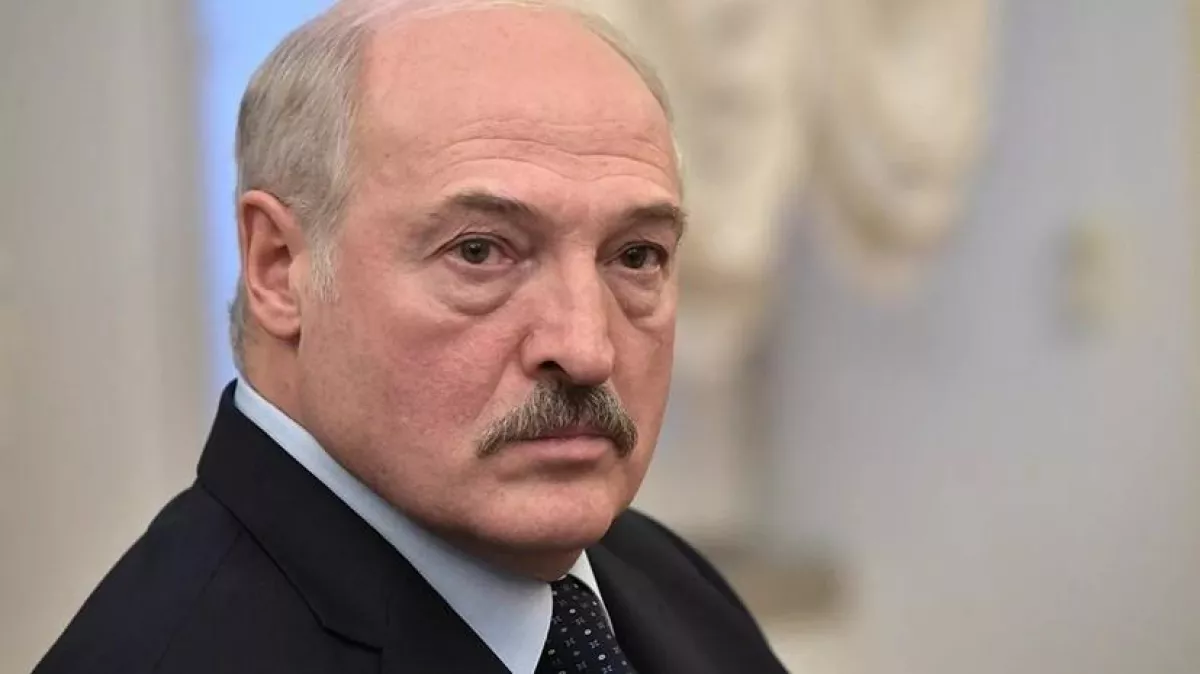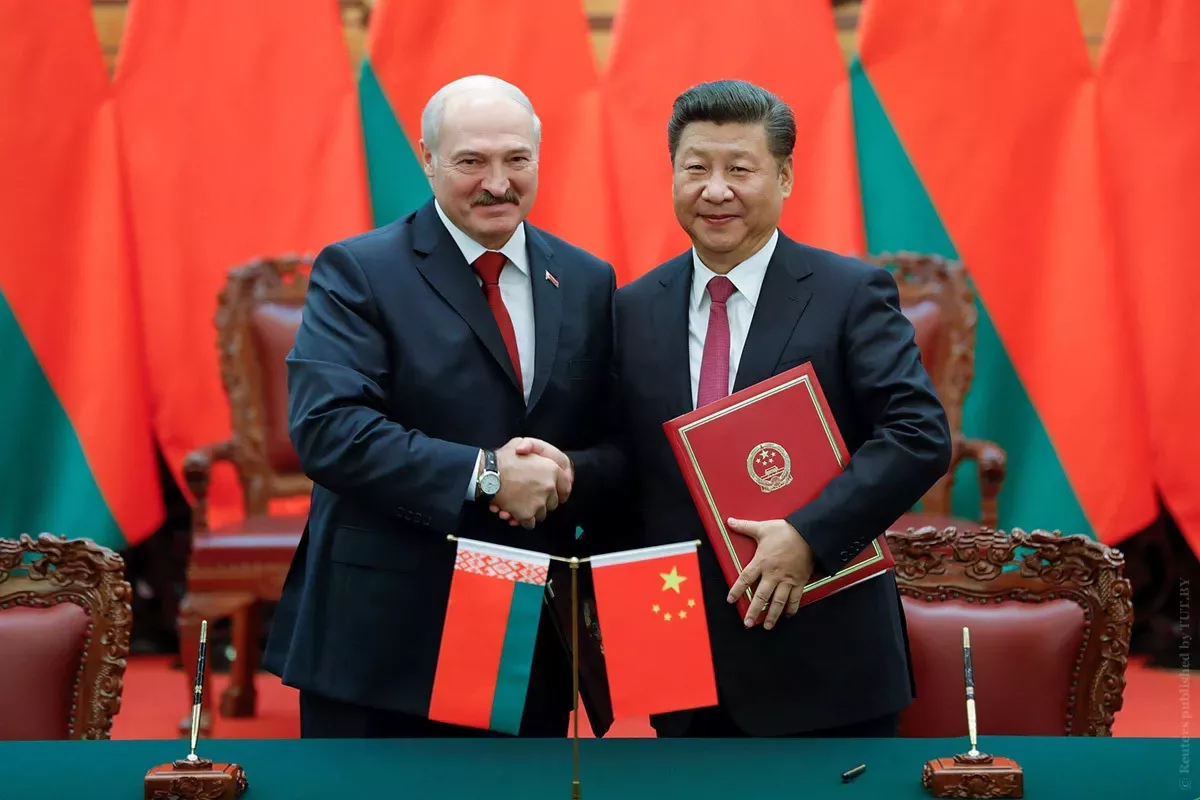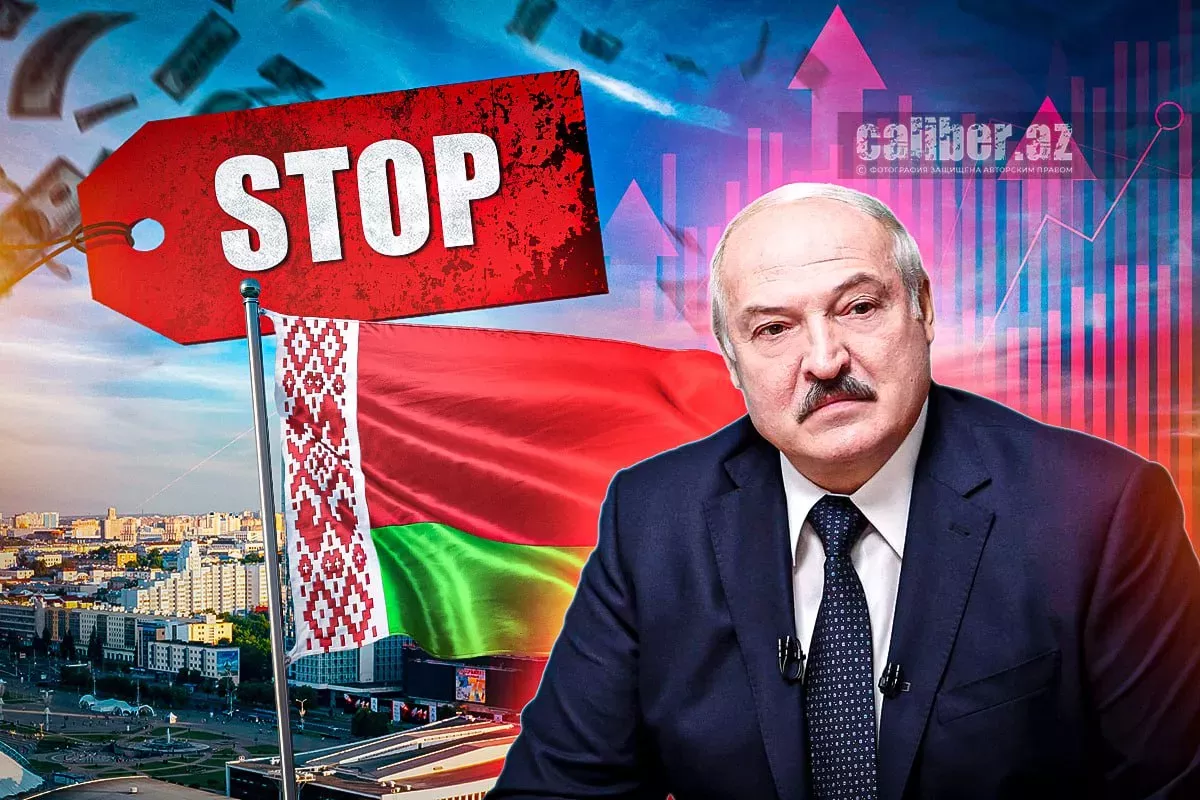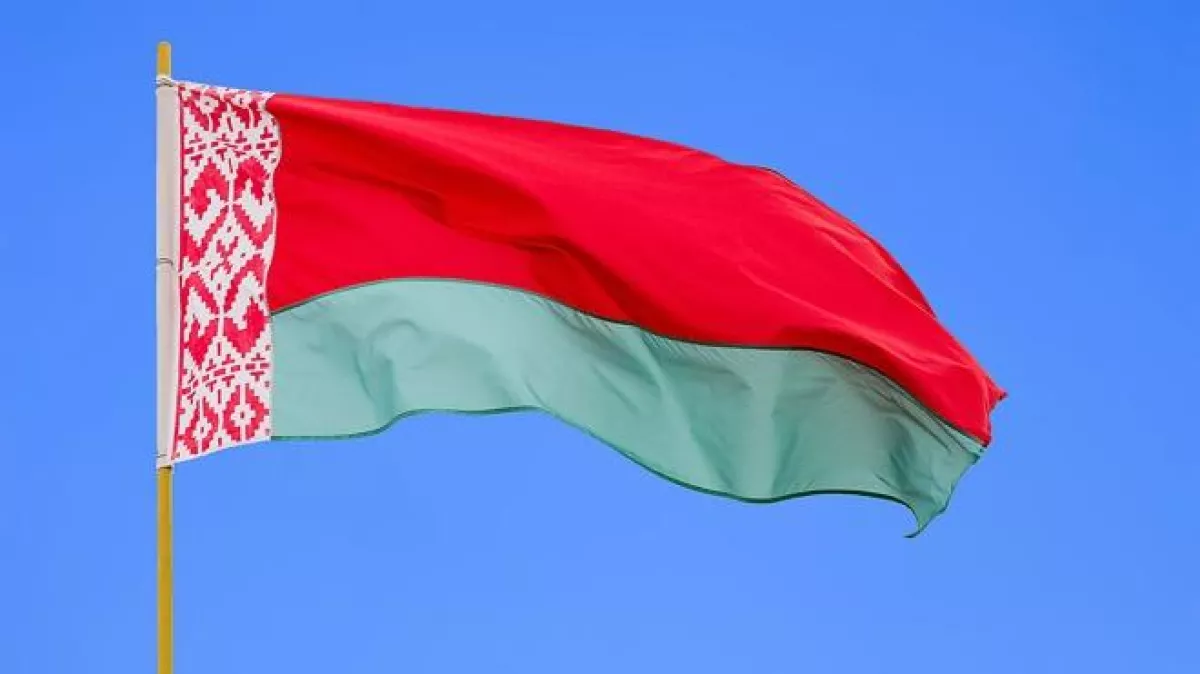Belarus, US on the verge of a “big deal” Minsk offers role for peace in Ukraine
President of Belarus Alexander Lukashenko has announced the possibility of a large-scale agreement with the United States — recently, there has been noticeable progress in relations between Minsk and Washington.
“Everything must be fair…”
On October 14, a meeting was held in Minsk to discuss the global international situation and the development of Belarusian-American relations. Opening the meeting, the president of Belarus said:
“We will wait for their global proposals, a big deal, as they like to call it. They love these big deals. We are ready for this. We are ready to conclude a big deal with them. On one side of the scale are their questions, requests, and demands; on the other — our questions and demands. Shall we decide? Let’s decide. We are ready for this. I regard Donald Trump’s proposals in this regard quite normally. But our interests must also be taken into account. And everything must be fair…”

The meeting was attended by Prime Minister Alexander Turchin, State Secretary of the Security Council Alexander Volfovich, Head of the Presidential Administration Dmitry Krutoy, Prosecutor General Andrei Shved, and Chairman of the KGB Ivan Tertel.
The President of Belarus outlined the purpose as follows: to consult on the prospects of Belarusian-American relations and clearly define the priorities of the Belarusian side.
What exactly could be proposed within the framework of new Belarusian-American agreements?
First of all, it should be taken into account that all this is happening against the backdrop of an extremely tense international situation — a tension that Belarus feels directly. To the south, a war is raging in Ukraine, and combat drones periodically cross into Belarusian territory. Along the western border with Poland, large-scale military exercises are taking place almost continuously, and a significant NATO force grouping is being concentrated there.
Meanwhile, Minsk has consistently maintained a peaceful stance toward all its neighbours and has repeatedly called for a peaceful settlement of the conflict in Ukraine. Today, the issues of war and peace are the most urgent and sensitive for the entire region. It is probably from this perspective that one should understand the current proposal of the Belarusian president.
Loyalty to allies is sacred
However, the Belarusian leadership is well aware of the price of agreements with the West and to what extent its guarantees can be reliable. There is already the bitter experience of the 1990s, when the initial euphoria of political courting was followed by an aggressive attempt to establish full control over the country. But those were the previous U.S. administrations — now, the matter concerns the pragmatic policy of Donald Trump.
And Alexander Lukashenko noted: “Practice has shown that all these contacts with the Americans are conducted solely for pragmatic reasons. Naturally, our policy of renewing relations with the United States must also be guided exclusively by Belarus’s own interests.”
The Belarusian leader is also willing to take the first steps and make certain compromises — but only on the condition that the American side also keeps its promises.
An example of such a situation can be seen in the case of the Belarusian airline Belavia. The issue of lifting the unilateral sanctions imposed by the United States and the European Union remains important for Belarus. During his visit to Minsk back in September, U.S. representative John Cohen announced that these sanctions would be lifted immediately. However, to date, they have only been partially removed.
“And we still can’t always fly everywhere, or repair or purchase what we need. The Americans admit this. They say it will take some time to ‘clear up the leftovers.’ Fine, we will wait…” Lukashenko said. Incidentally, potassium fertilisers — a key component of Belarusian exports — remain under sanctions, along with many other goods.

Lukashenko also clearly defined the “red lines” that the country will not cross under any circumstances. Above all, Belarus’s relations with Russia, China, and all allies and partners in the Eurasian post-Soviet space must not suffer any damage.
“This is sacred. We have negotiated and signed the relevant agreements. Therefore, we must act within these frameworks,” the president emphasised.
However, the Belarusian leader noted that with Donald Trump’s rise to the presidency, U.S. policy has begun to change. “Credit where it’s due — Donald is taking decisive steps in the world to address global issues,” Lukashenko said. He also emphasised his full support for Trump’s efforts to establish peace, particularly in the Middle East, adding that the Nobel Peace Prize should not be a concern; what matters more is the recognition of the international community and the people.
The focus of both the Belarusian and American sides also includes issues of armament. On one hand, there is the potential threat of the deployment of Tomahawk long-range cruise missiles in close proximity to Belarus. On the other hand, Belarus already hosts tactical nuclear weapons, and there are plans to station the experimental Oreshnik missile system on its territory (developed based on the RS-26 Rubezh [SS-X-31]). Capabilities have also been established to provide an adequate response to potential threats.
From this perspective, it becomes clear that Belarus is proposing key issues for consideration in the framework of a “big deal” with Washington: guarantees of Belarusian security, the establishment of peace in the region, the lifting of unilateral sanctions, and the prevention of support for extremism and the escalation of armaments.
“Peace, peace, and only peace…”
But what is the American interest in establishing contacts with Belarus? The West sees Minsk as a potential channel for engaging with Moscow in the context of its confrontation with Kyiv.
Alexander Lukashenko said: “If the Americans want to resolve the conflict in Ukraine and see some small role for us there, we are ready to participate. We have made our position clear — peace, peace, and only peace. Ukraine must exist as a sovereign and independent state. We want the war to stop now; otherwise, this independent sovereign state will cease to exist. Especially since some (you know who) are already eyeing Ukraine’s western regions — and even Belarus too — living under some sacred spirit of Piłsudski. He dreams of that spirit… Therefore, a sovereign, independent Ukraine is a major, key issue for us. It must develop as an independent state, we support that, and we support peace, and in this regard, we are ready to work.”

According to the president, the American side has noticed that Belarus has a role and potential in the peaceful resolution of the Ukrainian crisis.
From the very beginning of the military actions between Russia and Ukraine in 2022, Alexander Lukashenko offered Belarus as a platform for peace negotiations between the two conflicting sides. In fact, at the start of the hostilities, the first meetings of the Russian and Ukrainian delegations took place on Belarusian soil — in Lyaskovichi, Gomel Region, and in the Białowieża Forest — paving the way for subsequent talks in Istanbul. Today, Belarus is again ready — and in fact already acting — as a mediator between Russia and the West.
Following the meeting, Chairman of the Belarusian State Security Committee, Ivan Tertel, answered journalists’ questions. He stated, in particular: “Even our American partners acknowledge that we… can make a serious contribution to stabilizing the situation. That is why there is a thorough discussion on the Ukrainian issue. This is the main agenda we are discussing with the American side. The second track concerns regional security… Relations between, broadly speaking, the countries representing key Western interests and the Republic of Belarus — across various spheres, including politics, the economy, and other areas…”
According to him, the range of economic issues under discussion by both sides includes the supply of Belarusian food to countries in need and the unblocking of transport routes, which is of mutual interest. On several issues, consensus has already been reached with the Americans.
Regarding the establishment of peace between Russia and Ukraine, Tertel emphasised Belarus’s unique role: “We are the ones who understand both the Russian side and the Ukrainian side.” The chairman of the Belarusian State Security Committee noted that there are now opportunities for a breakthrough in relations with the United States, and positive news in this area can be expected in the near future.
Meanwhile, Alexander Osenko, CEO of Stolichnoye Television JSC, commented on the development of Belarusian-American relations: “America came forward with a proposal to somehow address all these nuances, this whole conflict in Ukraine. And, I assume, this is a result of the negotiations between Trump and Putin that took place in Alaska. It’s all being handled quietly… Conditions have been proposed to Belarus, and our president has publicly indicated that he is ready for negotiations…”
And of course, there was outrage.
The meeting at the Belarusian president’s office and his push to normalize relations with the United States provoked a mixed reaction across various — sometimes opposing — camps. Figures with often antagonistic positions saw in this a threat to their established interests.
In Russia, certain media outlets and experts have already voiced negative opinions regarding the latest initiatives of the President of Belarus toward the United States. Critics claim that “Lukashenko has overplayed his hand…” and dismiss the proposed “big deal” as “unrealistic.” Their discontent also reflects concern over what they perceive as Belarus’s overly independent policy and the president’s statements supporting Ukraine’s sovereignty (as a state, not regarding Zelensky’s politics).
In Ukrainian media, Lukashenko’s latest initiative — including his calls for an immediate end to the war — has been met with neutral or negative reactions. Following the meeting on Belarusian-American relations, Kyiv issued new, unfounded accusations against Belarus.

Meanwhile, some Polish media outlets have generally responded positively to Alexander Lukashenko’s proposals. At the same time, it became known that Belarus is releasing Polish citizens serving sentences in the country. In Poland, there is hope that a prominent Polish activist from Grodno, Andrzej Poczobut, will also be freed. This provides an additional reason for the Polish side to view the Belarusian-American thaw favourably. Some Polish experts advocate for further development of dialogue with a sovereign Belarus, which they see both as a neighbor and as a buffer against the much-disliked Russia.
However, news sources aligned with the Belarusian émigré opposition have fiercely attacked Alexander Lukashenko’s new initiatives to improve relations with the United States and promote peace in Ukraine. For example, they claim that Washington is allegedly dissatisfied that Minsk failed to influence Moscow on ending the “conflict” (though in reality, the U.S. State Department would have to employ very poor diplomats to expect such an outcome), and therefore, sanctions against Belarus will only be tightened.
It seems that this is exactly the scenario Western-leaning opposition figures would like to see. Any thaw in relations between Minsk and Washington threatens to reduce their funding, and in fact, securing Western grants is the main purpose of such “political leaders.” According to Lithuanian MP Tomas Tomilinas, over the past five years, the Belarusian opposition in Lithuania has received €200 million, of which €50 million went through officially registered organisations in Lithuania, while the fate of the remaining funds remains opaque.
In the near future, it will become clear how successful the current engagement with the United States will be. But the most important point is that Belarus and its president harbour no illusions and intend to strictly follow the national interests of the country — something that has always defined the policy of a sovereign Republic of Belarus.








